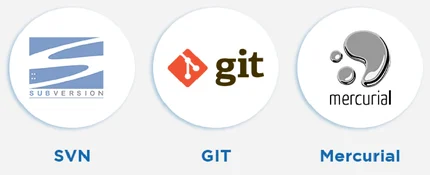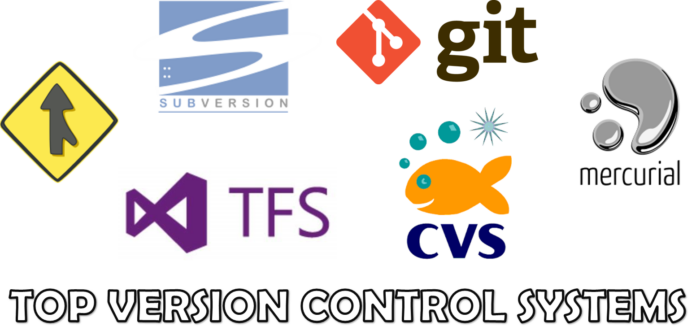Version control has become an essential tool in modern software development, enabling developers to collaborate efficiently, track changes, and manage code across different projects. Whether you’re working solo or as part of a large team, version control systems (VCS) ensure that every change is documented, reversible, and traceable. In this article, we’ll dive into what version control is, why it’s important, and explore some of the most popular tools available today.
What is Version Control?
Version control is a system that records changes to files over time, allowing developers to track and manage different versions of their code. With a version control system (VCS), developers can collaborate on code without fear of overwriting each other’s changes, as the system keeps a history of all modifications. These systems also allow developers to revert to previous versions, compare code changes, and branch out to work on different features without disrupting the main project.
Why Version Control is Crucial in Software Development
Version control plays a critical role in software development by ensuring that teams can work together seamlessly. It not only helps developers keep track of their own work but also ensures that everyone on the team is working with the latest version of the code. Without a VCS, it would be easy to lose track of changes, introduce bugs, or overwrite critical sections of code. Here are some key reasons why version control is indispensable:
Collaboration Made Easy
Version control systems allow multiple developers to work on the same codebase simultaneously. By branching and merging, developers can create isolated environments to work on new features or fixes, then integrate their changes back into the main codebase without conflicts. This is especially important for teams spread across different locations or time zones.
Tracking Changes and Accountability
With version control, every change is documented, and you can see who made specific changes and why. This level of accountability is crucial for troubleshooting bugs, managing updates, and ensuring that the development process is transparent. If an issue arises, you can easily track when the change was made and revert to a stable version if necessary.
Popular Version Control Tools

There are several version control tools available, each with its own strengths. Some of the most widely used systems include:
- Git: The most popular VCS, Git is a distributed version control system that allows developers to work on code without needing constant access to a central repository. It is widely used for its flexibility and speed, and platforms like GitHub and GitLab are built around Git for hosting code and facilitating collaboration.
- Subversion (SVN): Once the dominant version control system, SVN is a centralized VCS that is still used by many organizations for its simplicity and reliability. Unlike Git, SVN requires a central server to manage versions, making it more suitable for certain enterprise environments.
- Mercurial: Another distributed version control system similar to Git, Mercurial is known for its performance and ease of use. It is a great alternative to Git for teams looking for a simpler interface without sacrificing speed and reliability.
Benefits of Using Version Control Systems
Version control offers numerous benefits for development teams, beyond just tracking changes. Let’s explore some of the top advantages:
Backup and Recovery
Version control systems act as a backup for your entire project. If something goes wrong or a developer makes an unintended change, the VCS allows you to revert to a previous version of the codebase. This safety net ensures that your work is never lost and can always be recovered.
Streamlined Code Review and Quality Control
With VCS, code review becomes an integral part of the development workflow. Teams can review, comment on, and approve changes before they are merged into the main codebase. This ensures that the code meets the quality standards and avoids introducing unnecessary bugs or issues into production.
Challenges of Version Control Systems
While version control systems are incredibly useful, they also come with challenges. For example, the learning curve for beginners can be steep, especially when working with distributed systems like Git. Additionally, resolving merge conflicts when two developers work on the same file can be time-consuming. However, with proper training and experience, these challenges can be minimized, and the benefits far outweigh the difficulties.
Choosing the Right Version Control System
The choice of a version control system depends on the needs of your team and project. For most developers, Git is the go-to choice because of its widespread adoption and flexibility. However, teams with specific needs or larger enterprise environments might benefit from centralized systems like SVN. It’s essential to evaluate your requirements and choose the system that fits your workflow.
Conclusion
Version control is an indispensable tool in modern software development, enabling teams to collaborate effectively, track changes, and manage complex projects with ease. Whether you’re a solo developer or part of a large organization, using a version control system helps ensure that your code is reliable, scalable, and easy to manage. As development practices continue to evolve, mastering version control will remain a critical skill for any developer.


